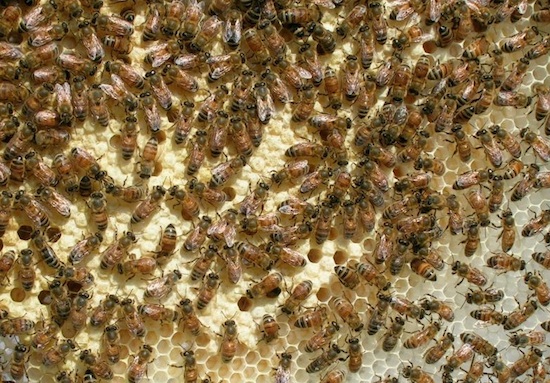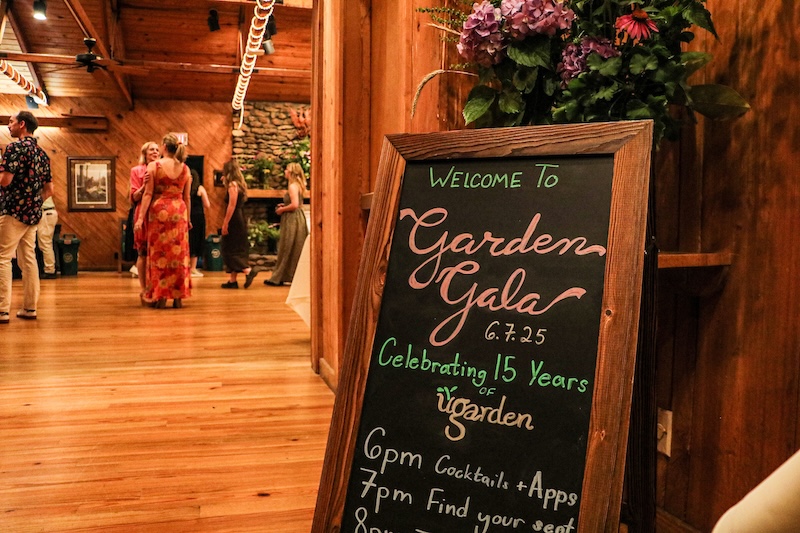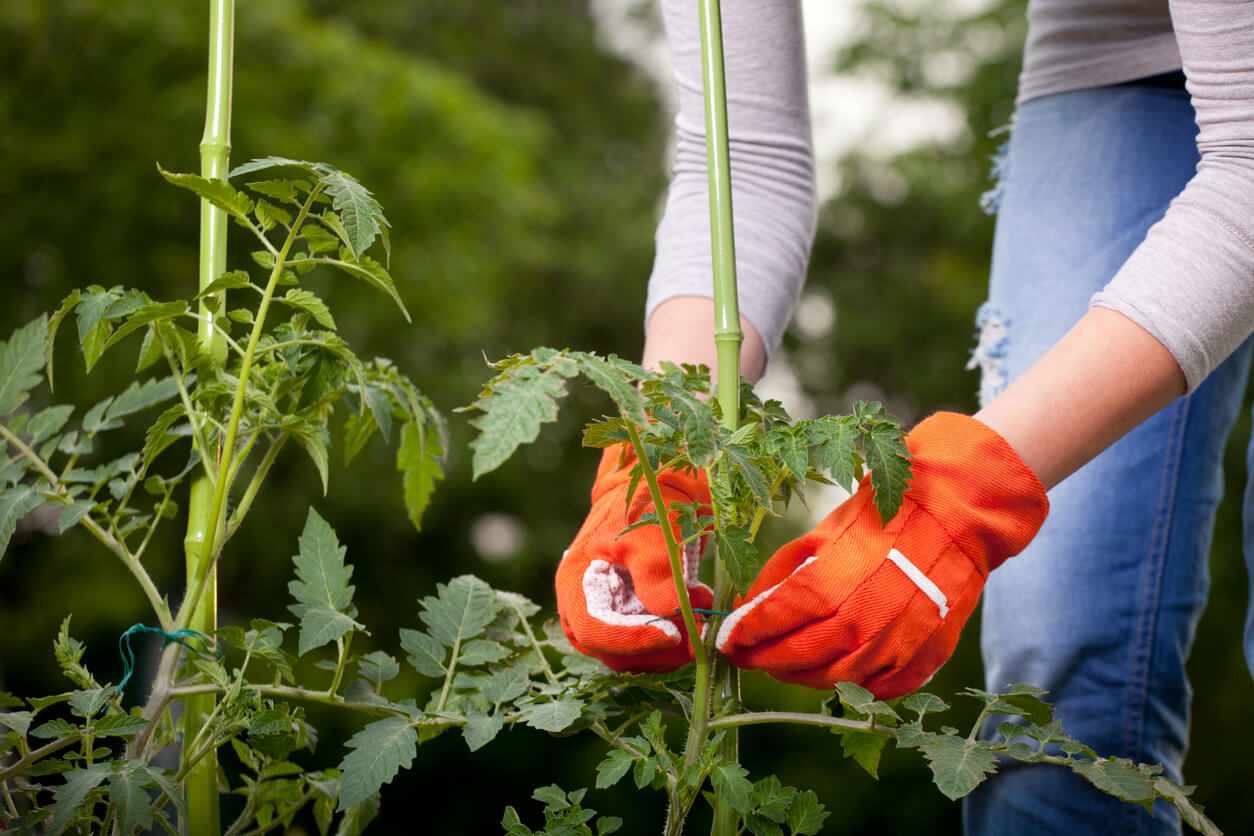David Linvill retired from his job as a University of Georgia Extension agent, but he hasn’t stopped educating the public. Now, he focuses all of his resources on one topic — honeybees and their significance to the state’s crops.
“One-third of the food we eat is made possible by honeybees. The conservation of these natural resources is extremely important,” said Linvill, who is a certified beekeeper in addition to being a retired UGA Extension agricultural and natural resources agent in Chatham County, Georgia.
Honeybees are in sharp decline. Colony collapse disorder (CCD), a phenomenon that causes honeybees to abruptly desert their colony, is the main contributor to this issue.
“A combination of factors contributes to colony collapse disorder, including pesticide exposure, environmental and nutritional stresses, new or re-emerging pathogens and a virus that targets the bees' immune systems,” said Keith Delaplane, an entomologist with the UGA College of Agricultural and Environmental Sciences.
Controlling CCD is crucial for crop production. In Georgia, without honeybees to pollinate, hundreds of crops, such as squash and blueberries, would not produce seeds and fruit.
“People are becoming pollination-savvy,” Linvill said. “They are recognizing the need for pollinators and have a willingness to learn, so I want to promote honeybees in a positive way.”
Through his career as a UGA Extension agent, Linvill saw people become more environmentally aware of produce and the food they eat. He found people are more interested in organic food and home gardens. “Bees are needed to produce all of that,” he said.
While interest in honeybees is growing, many Georgia residents remain skeptical and wary of honeybees. Linvill compares honeybees to automobiles —extremely useful, but dangerous if not handled correctly.
“Just like with driving, you have to do things right and safe,” Linvill said. “Be protected and know what you are doing. And if you treat the honeybees with respect, you will be OK.”
Membership in honeybee clubs and the number of beekeepers are on the rise. Linvill believes people are realizing the importance of bees.
UGA offers a Georgia Master Beekeeper Program that allows participants to increase their knowledge of bees and beekeeping. For more information, visit ent.uga.edu/bees/master-beekeeper.
(Jordan Hill is an intern with the College of Agricultural and Environmental Sciences.)








